When we asked for French drivers' worst habits on our Twitter and Facebook channels, one reader even said there weren't enough Twitter characters to list them all.

Photo: Olivier Jeannin/Flickr
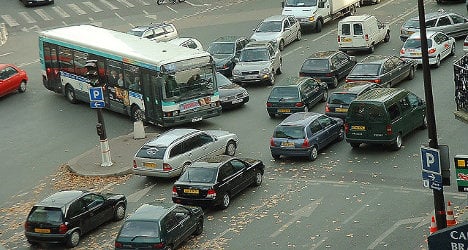
Photo: Piano Piano!/Flickr

Sometimes some drivers seem to forget that parking spaces do exist. Photo: Loïc/Flickr

The Concorde Square. Photo: WiLPrZ/Flickr
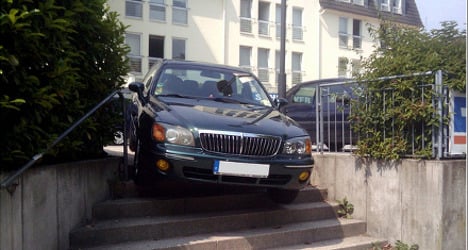
This car's driver has apparently lost his sense of direction. Photo: Georg Sander/Flickr

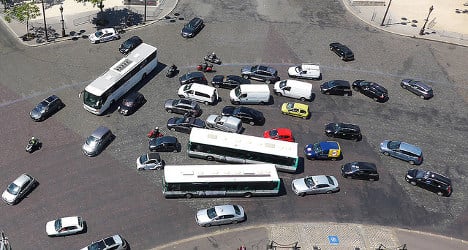
Photo: Andrew Gustar/Flickr
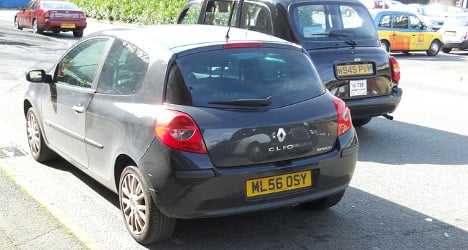
Photo: Mikey/Flickr


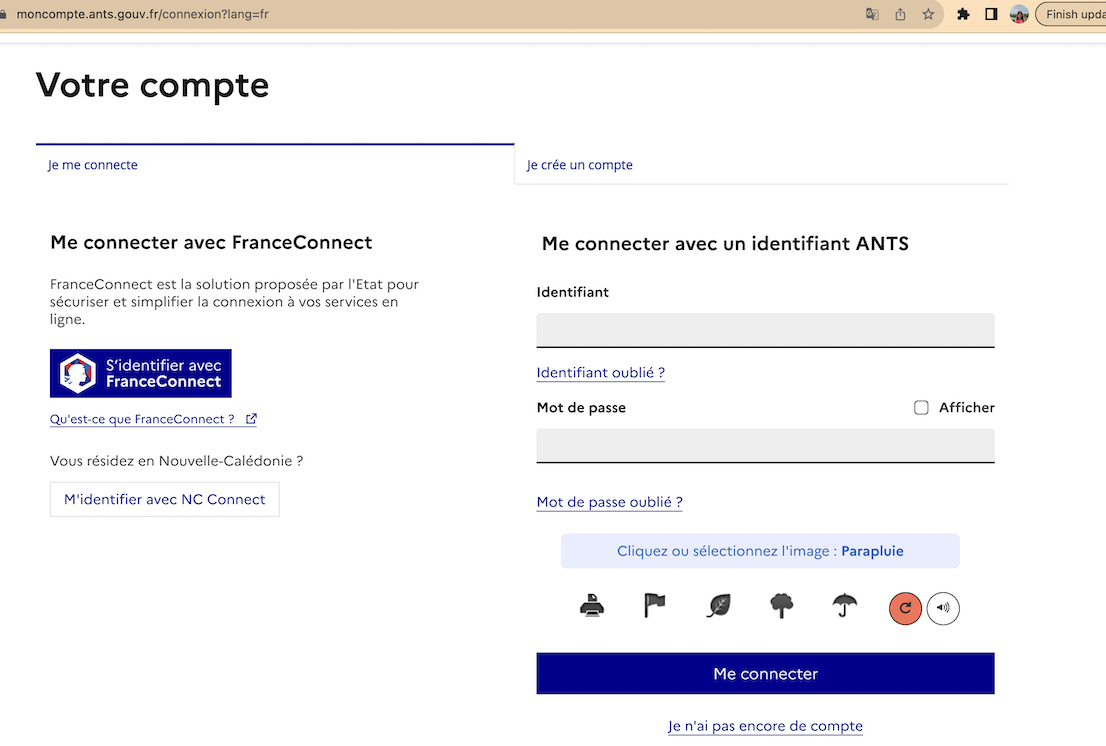
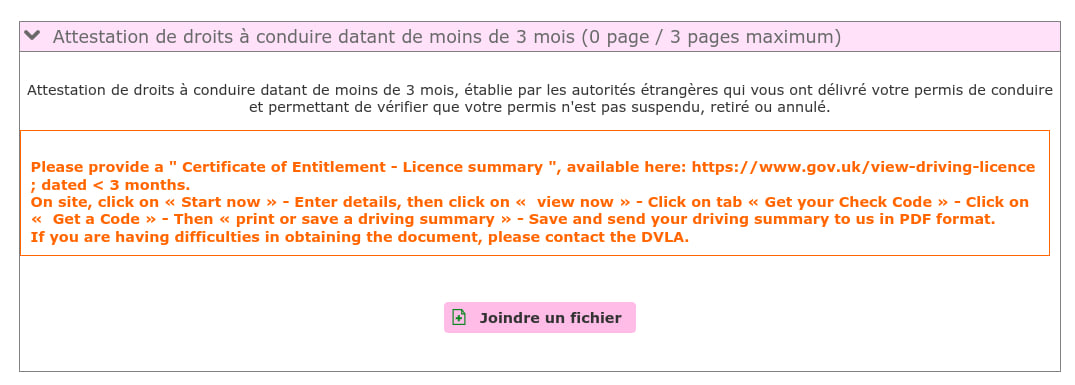
 Please whitelist us to continue reading.
Please whitelist us to continue reading.